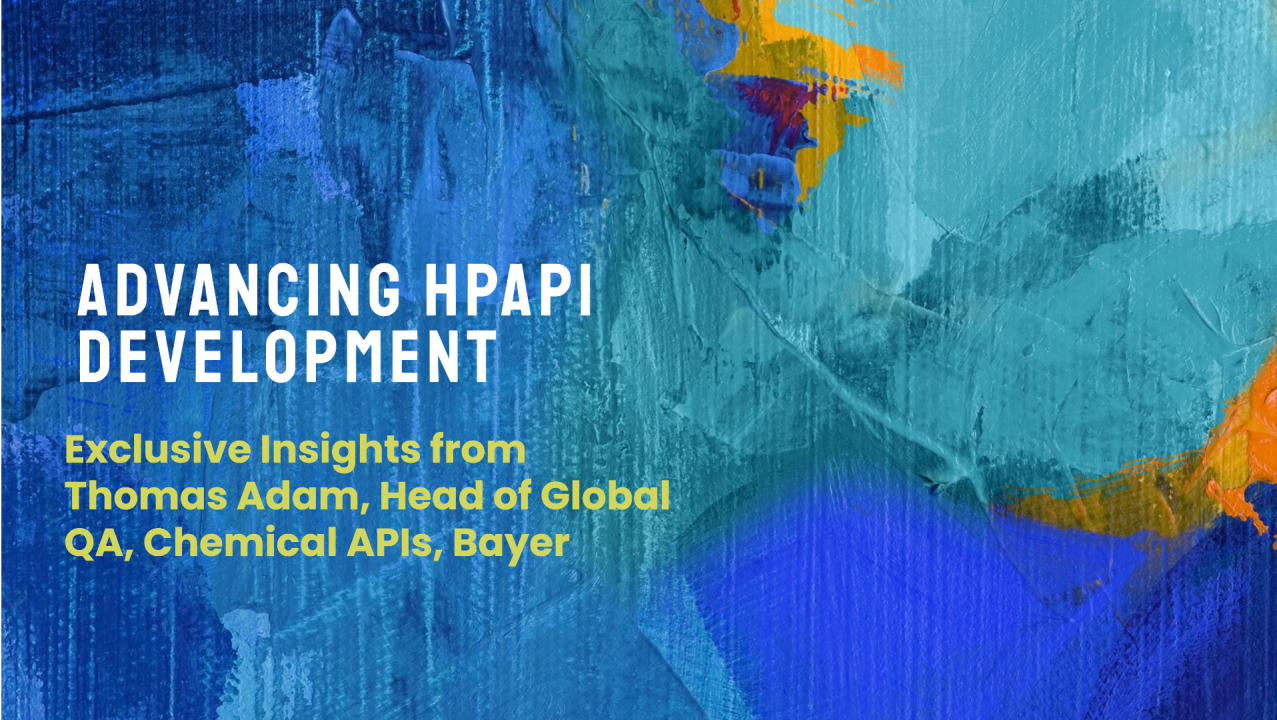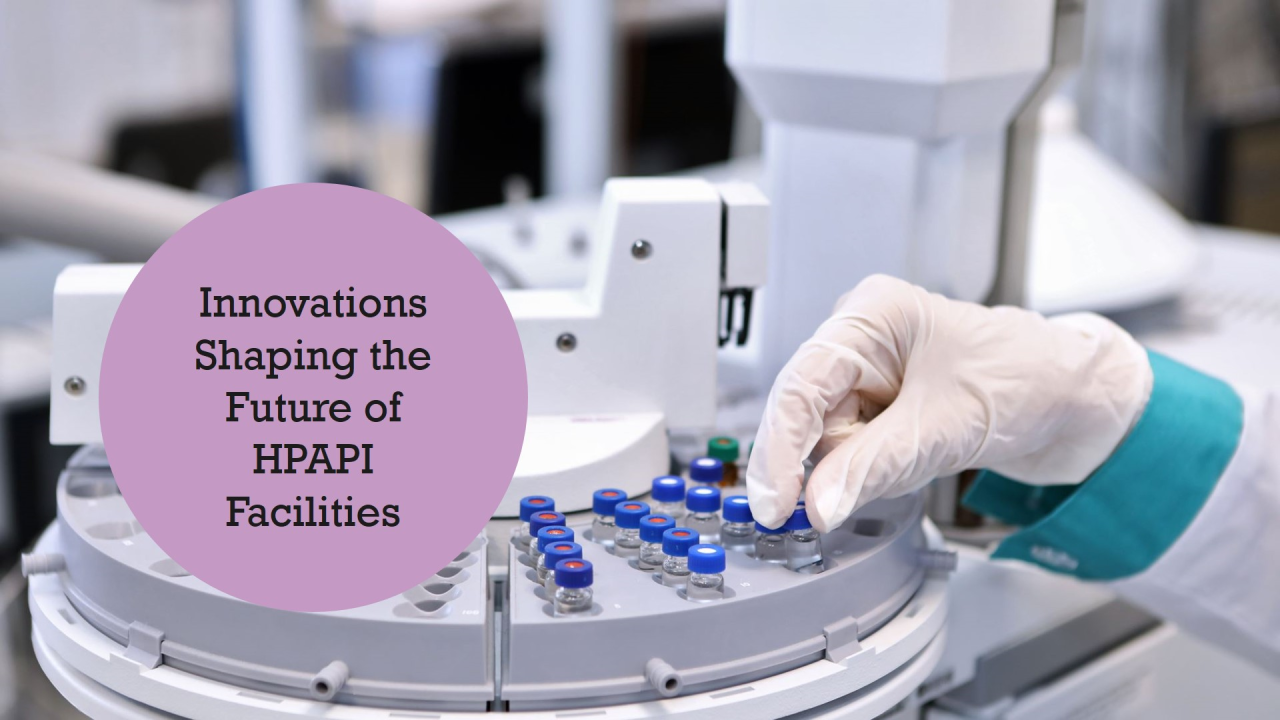The integration of digital health technologies is dramatically transforming how real-world evidence (RWE) is collected, analyzed, and applied across the healthcare and life sciences ecosystem. Once a slow, expensive, and fragmented process, RWE generation is now being streamlined and enhanced by innovations such as artificial intelligence (AI) and natural language processing (NLP) — delivering timely, high-quality insights that fuel smarter decisions in drug development, clinical research, and healthcare delivery.
Accelerating and Optimizing RWE Through Technology
Traditionally, RWE collection involved manual data gathering, cumbersome patient tracking, and reliance on outdated data sources. This approach often led to delayed results, increased costs, and insights that didn’t meet the rigorous standards required for evidence-based decision-making.
Today, digital health tools enable healthcare stakeholders to automate and scale this process. AI and NLP, for example, allow for real-time data extraction and sophisticated analysis of both structured and unstructured health data — unlocking more comprehensive patient insights. These technologies help generate high-quality RWE that is not only timely but also more relevant and actionable than ever before.
As Esther, a thought leader in digital health, highlights:
“Digital health technologies not only accelerate but also significantly optimize real-world evidence generation and utilization.”
The Role of AI and Machine Learning in Evidence Generation
AI and machine learning are rapidly becoming cornerstones of modern evidence generation. These technologies can bridge the gaps in fragmented datasets, drawing from diverse data sources like electronic health records (EHRs), patient registries, and even wearable devices. AI helps identify relevant study populations, predict outcomes, and generate real-time insights that support critical decision-making across the clinical and commercial lifecycle.
According to Lisa, a digital innovation expert:
“AI can enrich and curate incomplete datasets to provide optimal insights used throughout the development timeline.”
From improving patient stratification in trials to optimizing treatment pathways, the impact of AI on RWE cannot be overstated. Its ability to analyze vast volumes of data quickly and accurately is changing the way researchers and healthcare providers understand the patient journey.
Tackling Data Quality and Interoperability Challenges
One of the biggest challenges in RWE generation has historically been data quality and interoperability. While data availability has increased, the reliability, completeness, and usability of that data remain concerns.
Natural Language Processing (NLP) is emerging as a breakthrough solution. By converting unstructured text — such as physician notes or clinical summaries — into structured, usable data, NLP enriches real-world datasets with previously inaccessible insights. This leads to more holistic patient profiles and more accurate research outcomes.
Lisa explains:
“These challenges can be efficiently addressed through real-time data extraction and curation using AI. NLP can enrich real-world datasets by analyzing and converting unstructured to structured data points.”
Embracing Innovation for a Smarter Healthcare Future
The integration of digital technologies into RWE generation isn’t just a technical upgrade — it’s a paradigm shift. It empowers both life sciences companies and healthcare institutions to unlock the full potential of real-world data (RWD), enhancing drug development, clinical trial design, patient recruitment, and post-market surveillance.
Esther summarizes the key message:
“Healthcare innovation is driven by enriched, dynamic real-world data enabled by cutting-edge technologies and global collaboration.”
Key Takeaway
Embracing AI, NLP, and digital health tools transforms how we collect, curate, and utilize real-world evidence. These technologies elevate data quality, reduce inefficiencies, and ultimately support more personalized, effective healthcare solutions. As the healthcare industry moves toward data-driven innovation, the ability to harness high-quality RWE will be a defining factor in shaping the future of patient care and therapeutic success.
Register for our upcoming



